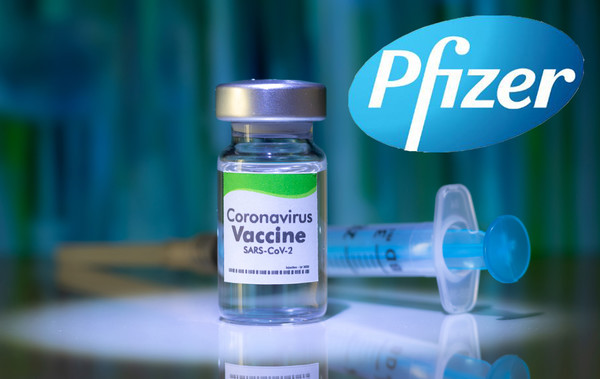Pfizer Korea denied a media report on Tuesday concerning the Daegu Metropolitan Government’s push to introduce Pfizer's Covid-19 vaccine separately from the central government.

"Amid the Covid-19 pandemic, Pfizer is supplying its Covid-19 vaccines to only central governments and state regulators," a company official said to Korea Biomedical Review. "Pfizer headquarters and Pfizer Korea have not approved any organization to import, distribute, or sell the Covid-19 vaccine jointly developed by Pfizer-BioNtech in Korea."
Earlier in the day, the vernacular Dong-A Ilbo reported that Daegu city, the Daegu Medical Association, and the medical group Medi-City Daegu Council had secured additional Pfizer's vaccine to inoculate 30 million people, separately from the Pfizer vaccine secured by the central government.
"Although it is not possible to reveal how the city managed to obtain the vaccine quantity, we have reached out to a powerful person who has connections with Pfizer," a Medi-City Daegu Council official was quoted as saying. "After that, negotiations on the introduction of the vaccine proceeded rapidly, and the paperwork and final meeting have already been finalized."
The southeastern city is the political stronghold of the conservative opposition People Power Party and was the initial hotspot of Covid-19 outbreaks in February last year where several thousand infection cases occurred from to a new Christian sect called “Shincheonji.”
Central government officials said they have confirmed that the deal has nothing to do with Pfizer.
According to officials, Daegu city officials' deal came from a foreign trading company, not Pfizer or BioNtech.
"After receiving the details of the offer from Daegu city, we have asked Pfizer whether the vaccines are genuine or not," Ministry of Health and Welfare Spokesperson Son Young-rae said during a briefing. "As Pfizer and BioNtech, which developed vaccines, only sign supply contracts with a country's central government or global health organizations, such as COVAX Facility, it is necessary to find out how a private trading company has secured the vaccines."
Son stressed that the government has already confirmed that Pfizer's vaccine rights in Korea belong to Pfizer and not BioNtech. Pfizer has confirmed that it only sells the vaccine directly to the central government.
He added that the government also has received such proposals from foreign private companies promising to supply Covid-19 vaccines.
"Although we cannot disclose each individual case, there have been numerous proposals from foreign companies or individuals claiming they could supply vaccines," Son said. "However, when we checked, most of the proposals were not true or a scam."
Son stressed that even if the product is genuine, quality or stability certification is required.
"Pfizer has very strict storage conditions," Son said. "However, we do not know the quality of the vaccine such as what their storage condition was or how long their shelf life is and even if the vaccines are genuine, it requires separate quality certification from the Ministry of Food and Drug Safety."
The government will further examine the case after Pfizer replies whether the vaccines are genuine or not, he added.

